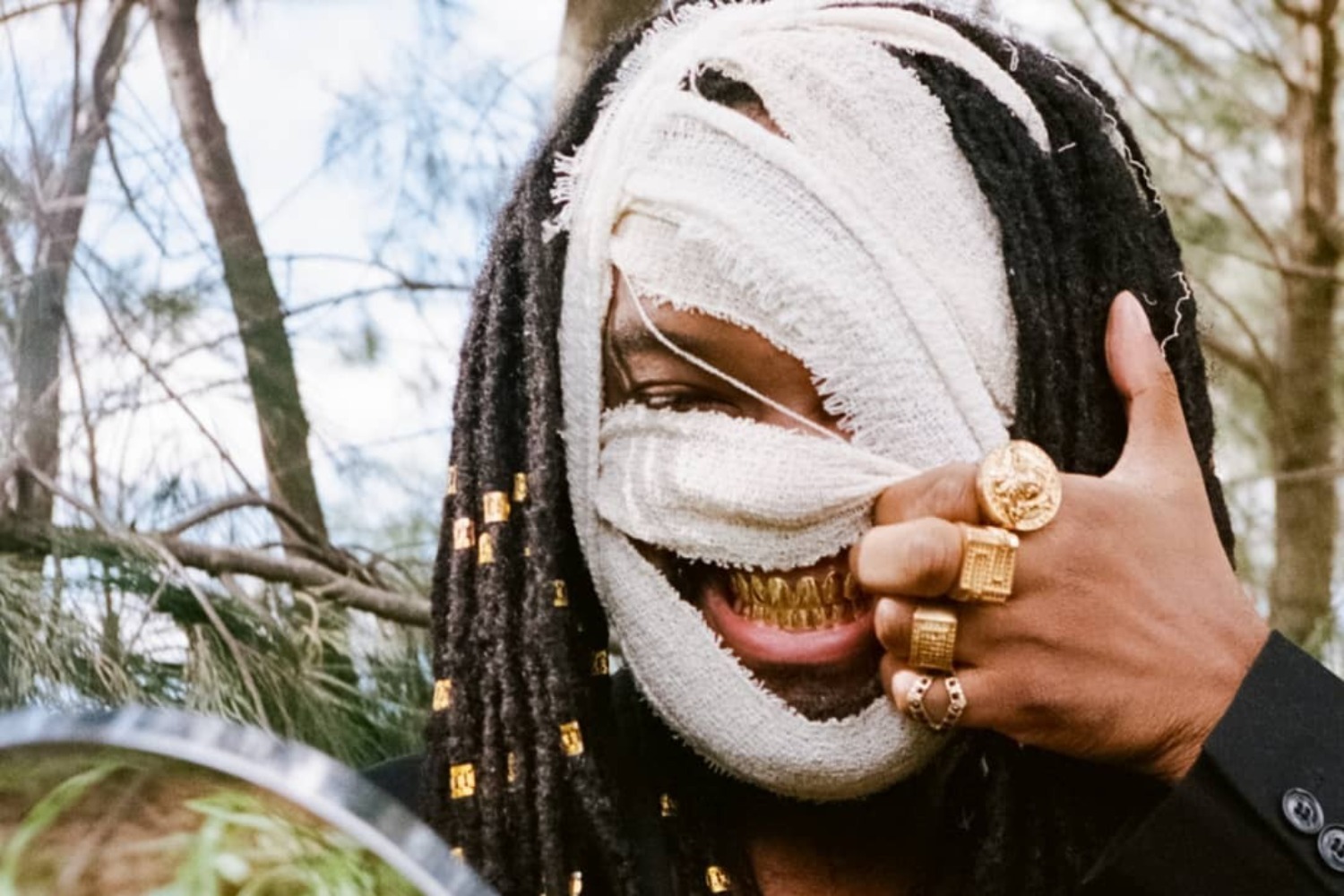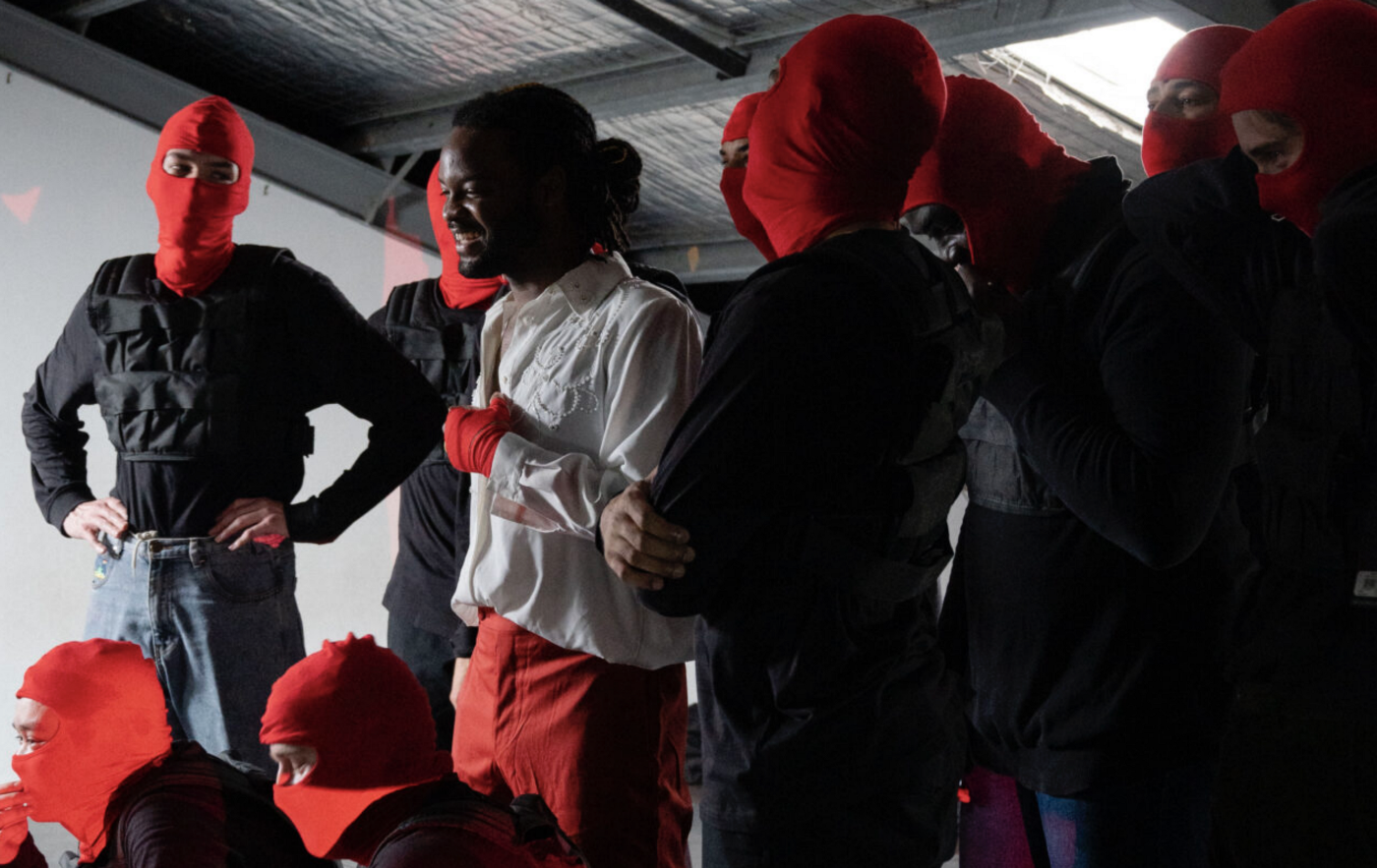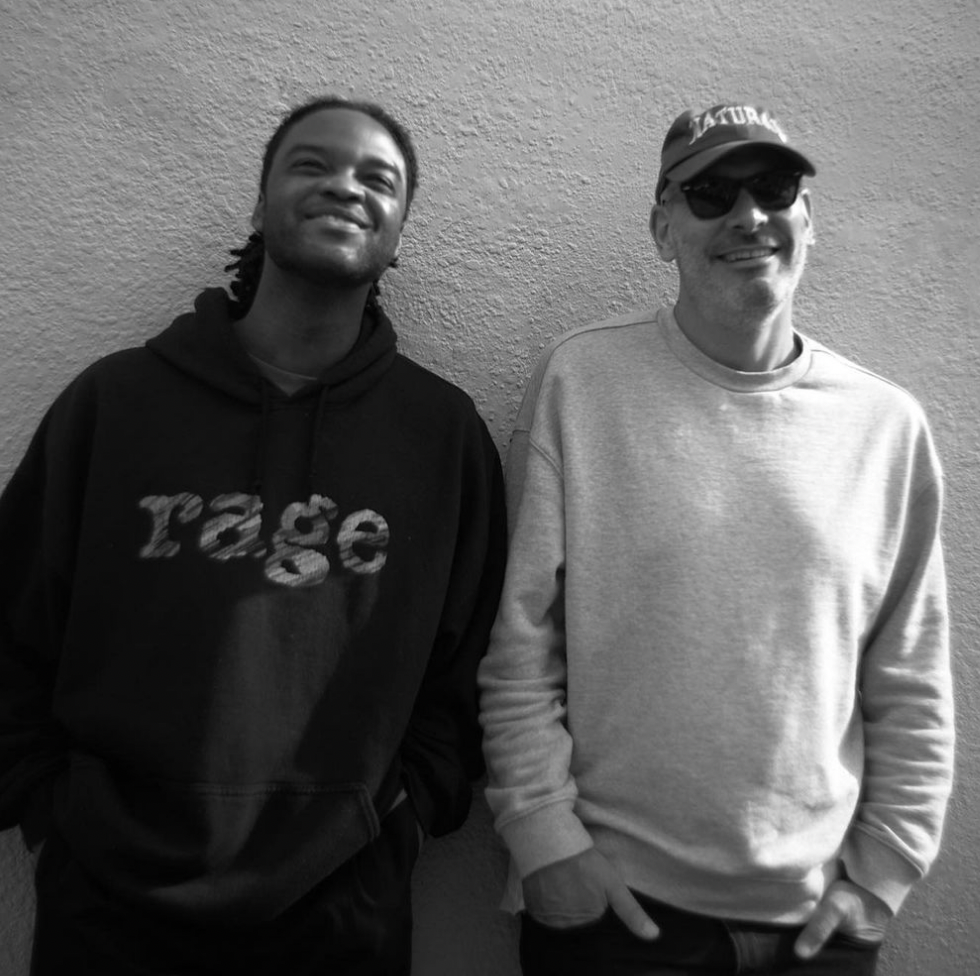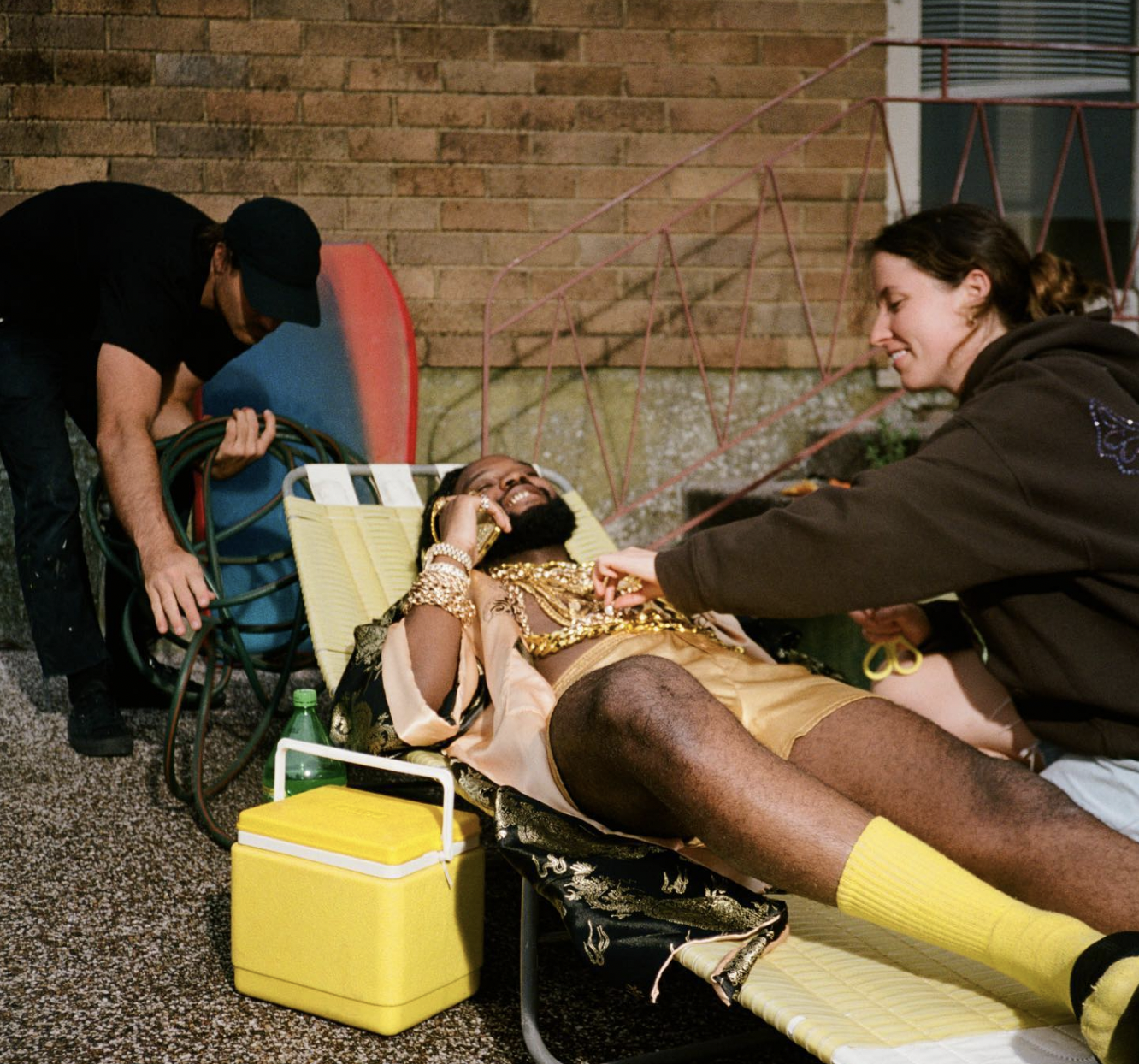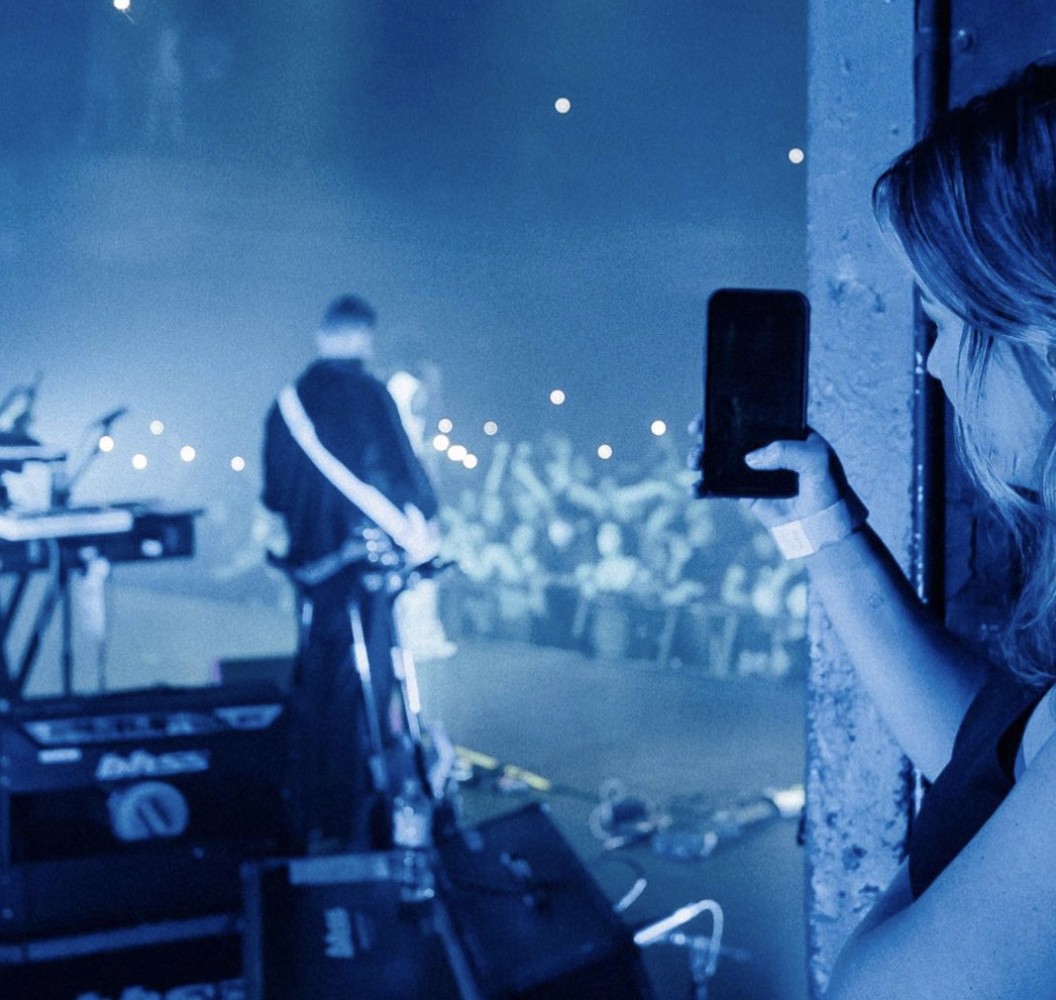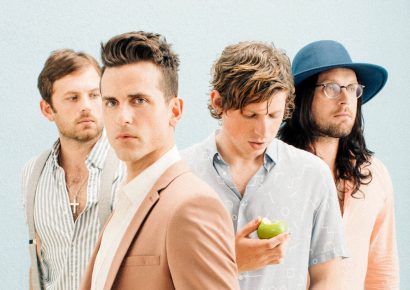In this series - produced in partnership with City of Melbourne - Spirit Level co-founder Tim Shiel delves into the music industry with some of the most creative people in the world.
“Let me preface: I’m still living with my family to this day. There’s no shame about that at all. That takes so much load off me, and apart from that, I’ve just been scrounging. I don’t go out for boujee dinners, I cook, I do odd jobs — I live within my means.” – Genesis Owusu
There are no shortage of incorrect assumptions and vague anxieties surrounding the Australian music industry, but relatively few places to dive into the reality behind the rumour. One of Melbourne’s best independent record labels, Spirit Level, is aiming to provide just this through their new Future of Music series, which unpacks some of the most pressing questions facing the industry today.
Read Melbourne’s most comprehensive range of music features and interviews here.
Future of Music begins with five long-form feature articles on Medium and corresponding feature-length videos on YouTube, which seek to understand music’s mental health crisis, the NFT craze, the hype around Twitch, the industry’s responsibility to combat climate change, and the paradox of forming a support team as an independent artist.
It’s a refreshingly comprehensive series that’s also tackled writing albums with machine learning, virtual artistry, the future of streaming, and the state of the union emerging from lockdowns, among other subjects, so we thought we’d take a look at some of the more interesting answers they’ve uncovered so far.
How Genesis Owusu built an international team around his art
In the ninth episode of Spirit Level’s Future of Music series, Shiel spoke to Owusu, his manager and creative partner, Andrew Klippel, and his day-to-day manager, Maddy Rose Smith, to find out how Owusu has become one of Australia’s most successful and critically-acclaimed contemporary artists without signing for a major label.
What can artists learn from studying the anatomy of his team? How many years of planning, and decades of industry experience, go into an ‘overnight success’? How do you build an artist team — and do you even need one? Owusu’s honesty around the financial reality of being a musician, and the choices that entails, provides a compelling insight into those questions and more.
Read the full feature here.
George Clanton on how 100% Electronica used live streaming to build a real music community
“We see a lot of kind of deep, obsessive interaction with the label. I never would have been as obsessed with a label as the people who follow us are, because when I was growing up, I never knew of any labels that I thought were doing anything interesting.” – George Clanton
Gaming-streamer Twitch doubled in users during the pandemic, with musicians taking to the service en masse to expand their audience and monetise their content in new ways. Where many failed, George Clanton experienced massive success, transforming his label 100% Electronica from a “vaporwave brand to a bona fide global community of highly engaged and interactive music fans”. Spirit Level’s Tim Shiel and Nirmala Shome spoke to George and Negative Gemini about the tricks and hard work that allows a label to break into in a different, crowded market.
Read the full article here.
Measuring the price of ambition: understanding music’s mental health crisis
“The music industry fetishises technology. If you look at what’s happened in the last 30 years, you can see how [the record labels] ran gleefully into the digital future without thinking what that might do for them. Spotify is running at a loss because it was there to prop up the idea that piracy — the swapping of music for no money — needed to be eradicated. Nobody saw the deals the major labels did.” – Sally Anne Gross
Is being a musician actually a good job? Has lowering the barriers to produce and share music made it harder for anyone to succeed? Spirit Level spoke to two UK researchers with experienced music careers, to “dispel some myths while bringing others firmly into the light.” They tackle the reality of an industry still struggling to monetise its product, which often forces its artists away from any semblance of a normal life.
Read the full feature here.
Things we learned from Foundation’s Charles Damga about NFTs
“Visual art is absolutely an uphill battle for a lot of people to go out and explore, whereas if you make music there are billion dollar applications and distribution models for it — Bandcamp and Spotify and so forth. [With visual art] what do you do? Instagram and then you’ve got to have an Etsy account and then you’re trying to mail someone a print? How do you gig that?” – Charles Damga
NFTs have multiple high barriers to entry; the technology is difficult to understand, they have a major environmental impact, and their price shuts most consumers out of the market. Yet the NFTs we know today are just the pilots of a potential technological breakthrough that could allow artists to retain more of their copyright, garner greater control of their revenue, and find more encompassing ways of communicating with their audience. Charles Damga, from NFT marketplace Foundation, shed some light on what artists should know about non-fungible tokens.
Read the full article here.
Climate change and music: what can artists do to make a difference?
“Imagine Vance Joy going on daytime television talking about his investment in our solar farm.” – Heidi Lenffer
Cloud Control’s Heidi Lenffer and environmental researcher Dr Kyle Devine spoke to Spirit Level about what artists can realistically do to lessen the often-overlooked environemental impact of recorded music, from vinyl’s huge reliance on plastic to the cumulatively-massive energy consumption of touring and producing digital media. From artist-led investment in renewable energy, to surcharges to offset environmental impacts, to accepting the responsibility that those with a public profile need to lead the solution, this empowering conversation tackles the most important issue of all. Read the full feature here.
Follow Spirit Level on Medium to read all of these features and more, and subscribe to them on YouTube to watch the full series.
In partnership with City of Melbourne.
